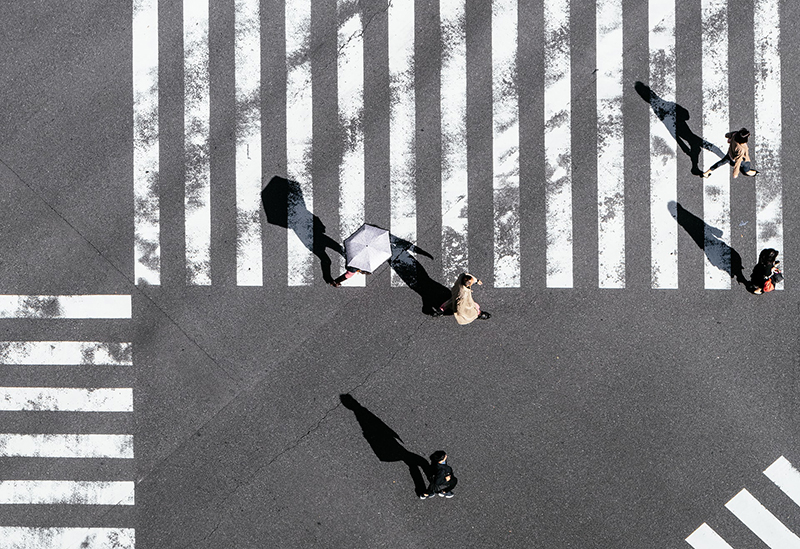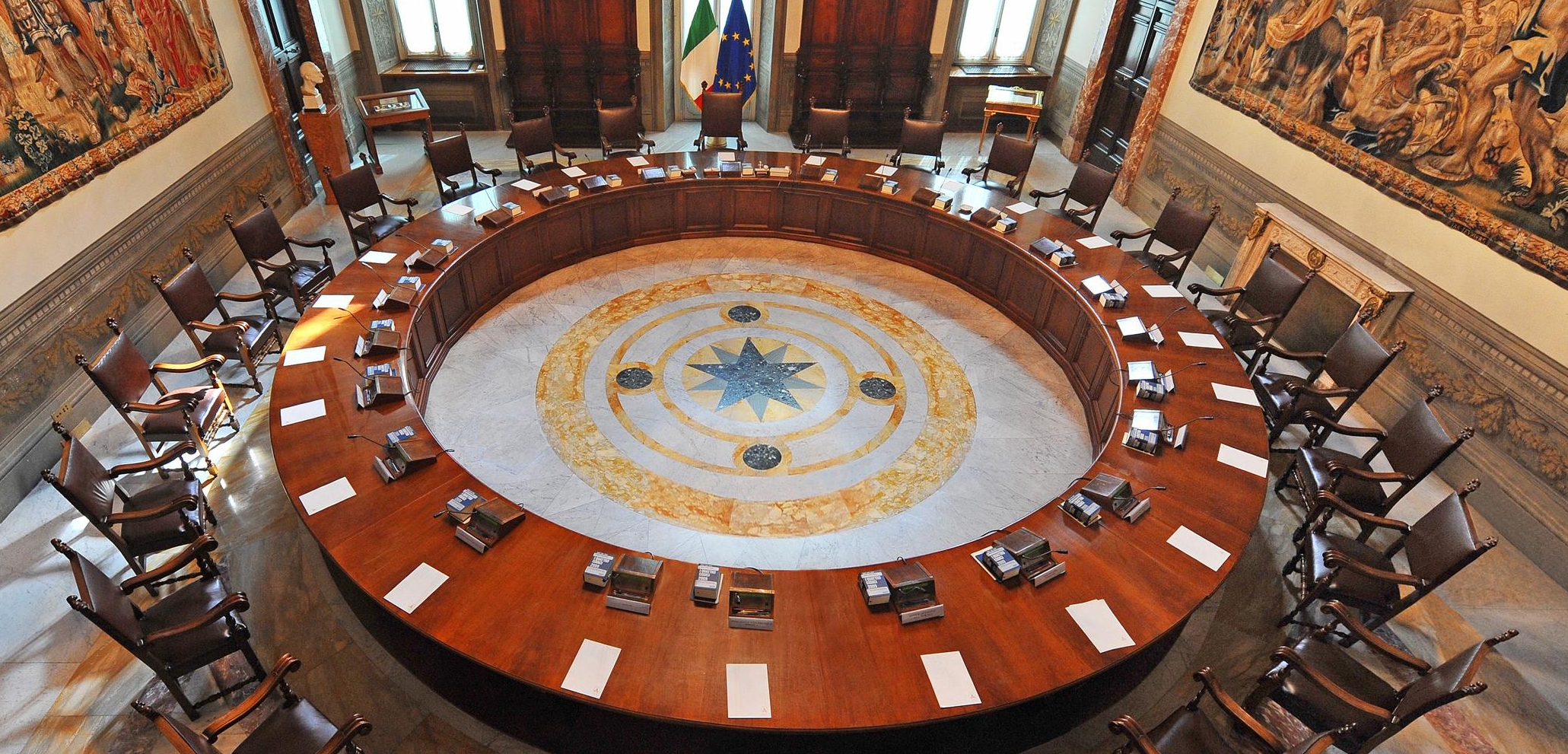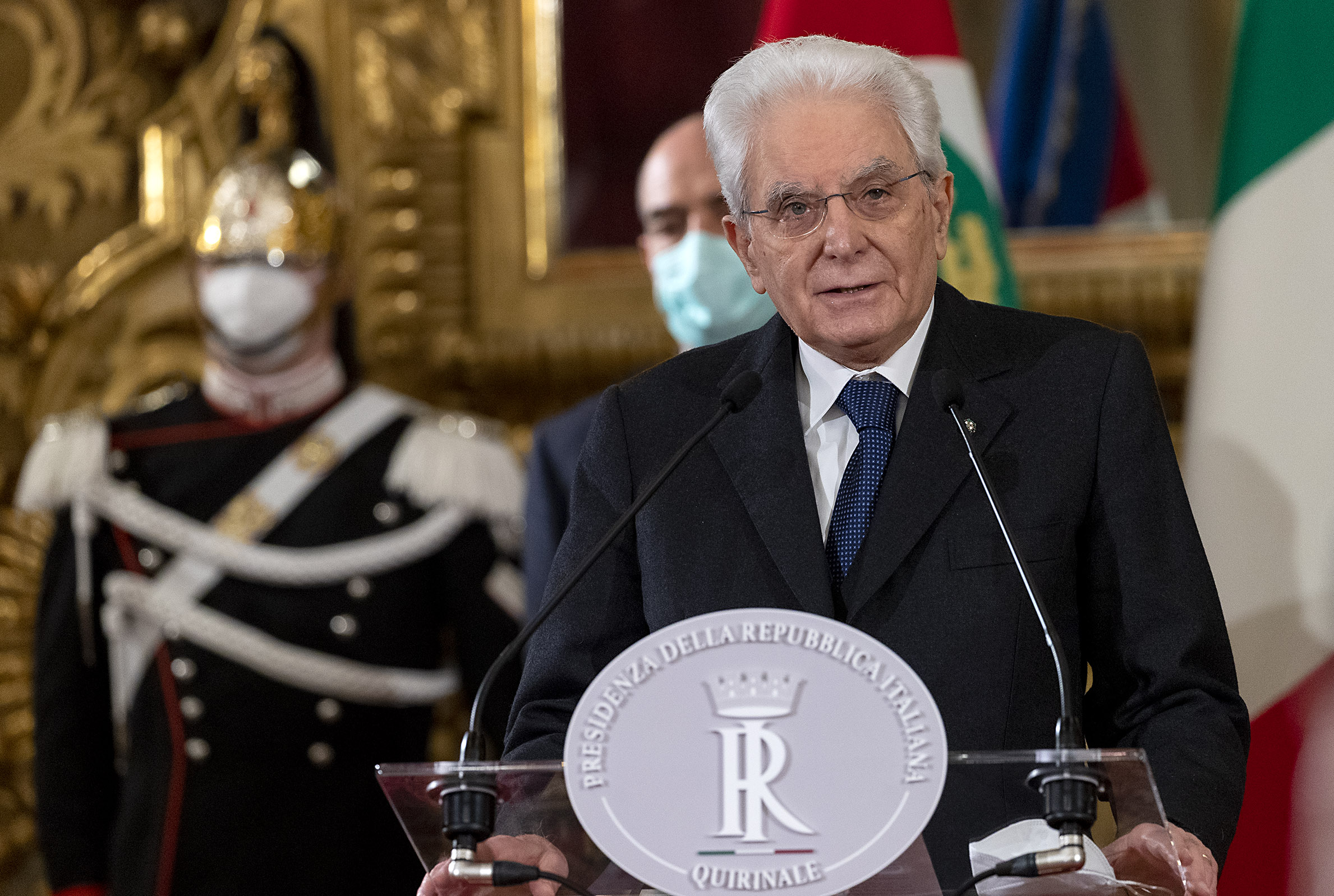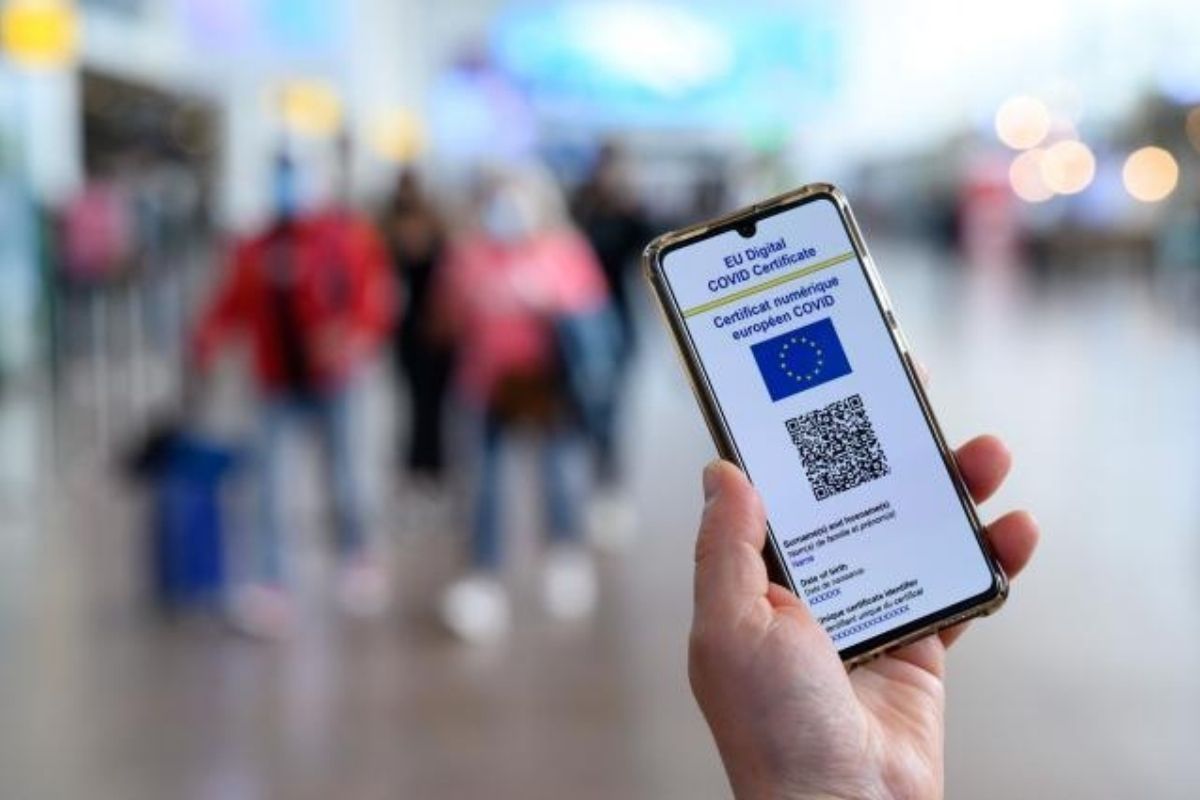Covid-19 and people mobility. Two unequivocal data emerged from the study of the Laboratory of Data Science and Complexity of the Ca ‘Foscari University of Venice. The fact that the lockdown imposed by the spread of the Coronavirus pandemic has damaged, from an economic point of view, especially the economically poorest areas. And the importance, now reiterated, of the need for social distancing, particularly between young and old, to stem the spread of the epidemic.
Professor Walter Quattrociocchi highlights them, at the head of the DSC-Lab Cafoscarino group, involved in the web data task force designated by the Ministry of Innovation to analyze and evaluate the socio-economic aspects caused by the Coronavirus emergency in Italy. “Our daily bread – explains the researcher – are networks and the study of connections, which allow us to analyze different types of phenomena. These are techniques that offer a wide range of research. When this emergency arose, we shifted our attention to networks and connections that could somehow explain something to us about Coronavirus. The starting point was the study of data on the mobility of people in relation to Covid-19″. The study of networks and connections has therefore become one of the many tools to support the resolution of the epidemic.

DSC-Lab’s attention has focused in particular on the data made available by Facebook in relation to the movements of people. “The information that Facebook has decided to share with universities, institutes and research groups including ours – explains Professor Quattrociocchi – comes from members of the social network who have consented to the use of their location data”. And how did you deal with the privacy of individual users? “There is no privacy problem as none of the elements in our possession lead us to the identity of the people. The information is provided in an aggregate and absolutely anonymous way “.
Research is carried out on the displacement data of four million users
On what numbers and how are you working? “We work on one of the most populated data sets, related to about four million people. A complex work that, explaining it in simple words, allowed us to analyze the indications on the movements as if we could see them under the microscope. We worked with information relating to travel in different time slots and divided into small areas. Obviously in this period, subject to the stress created by the lockdown, long-range tracks have decreased and those on short distances have increased. We then crossed this information with econometric data and on this basis an analysis model was created. Ours is a computational physical IT method that allows us to transform data into process dynamics. Hence also the result on the greatest stress suffered, in this period, by the poorest areas”.
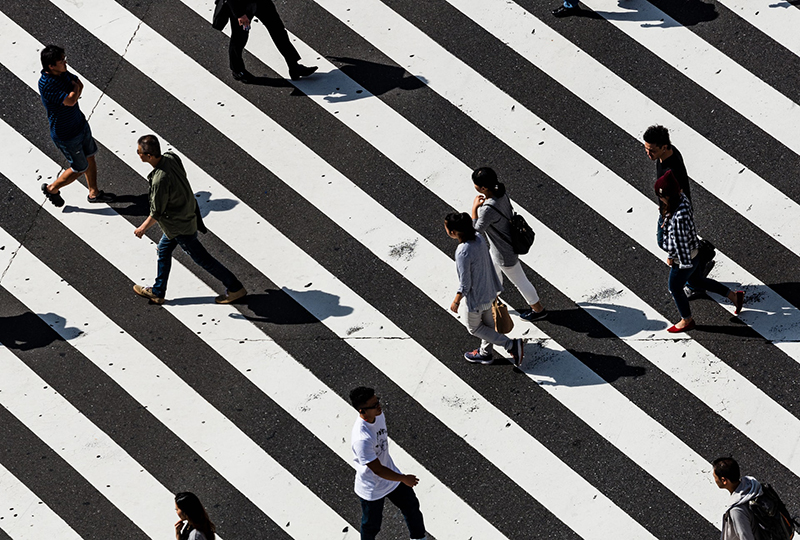
Recognition of Zuckerberg to the Cafoscarini researchers
The first two definitive studies of the DSC-Lab of Ca ’Foscari have already been sent to the international scientific community which is evaluating them with interest. To this was added satisfaction for the recognition of Facebook in the work of the Cafoscarini researchers. Mark Zuckerberg himself, a symbolic image as well as co-founder of the social network, recently explicitly mentioned the importance of research linking data on mobility with that relating to poverty. The group is currently working on expanding the investigation spectrum to deepen an expansion of the scenarios. “We are faced with a very complex reality – specifies Walter Quattrociocchi – Data in itself cannot provide answers. However, through our mathematical models we could have useful indicators, of great support also to understand how to keep the spread of the virus low ”.
New investigation into the different resistance to lockdown in Italy, France and England
From Italy to Europe, a further step by the research team is aimed at studying and knowing the resilience of the different States to the lokcdown imposed by the pandemic. “For this reason, we are now comparing the resistance of the Italy system in relation to that of France and England. Trying to understand the different reactions of the three countries examined “. Speaking of people moving and moving, what does Professor Quattrociocchi think about the Immuni app? “My group is not working specifically on this, as the app will highlight the movements of people in relation to their contacts rather than their mobility. However, I think it is an excellent contrast tool if combined with others, in the specific case of the need to make swabs”.

